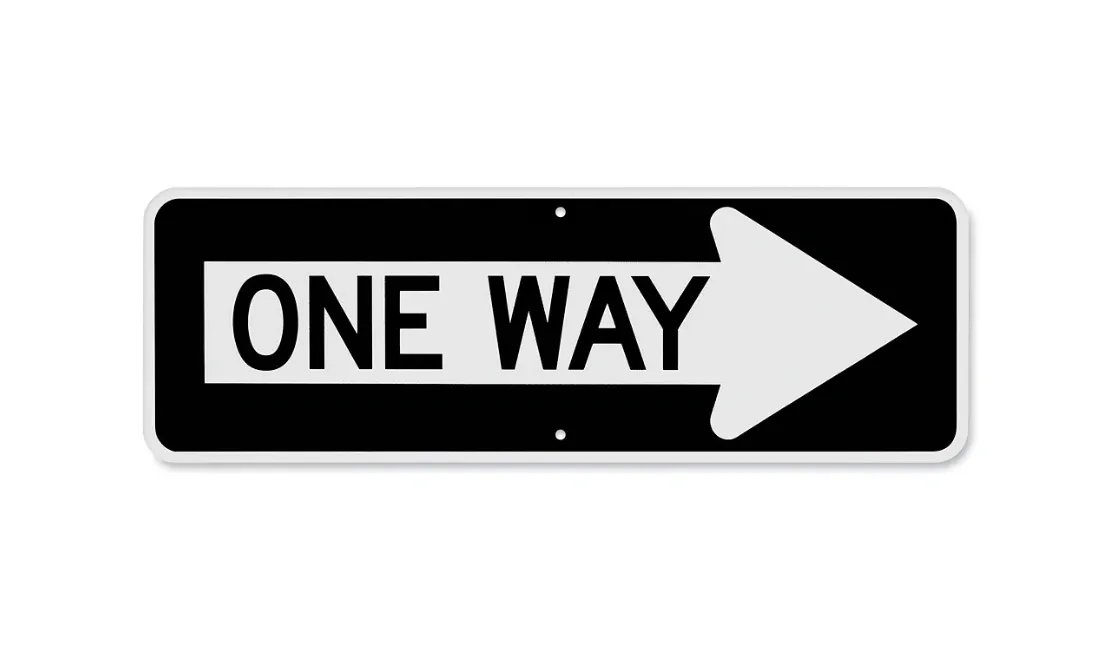
The Personal Moral Compass, Part 1
In a world where values and ethics seem to be constantly shifting, it becomes crucial to have a personal moral compass to guide us through life’s complexities. Our personal moral compass is like a steadfast North Star, providing us with a sense of direction and helping us make ethical decisions in both our personal and professional lives. It acts as a moral framework, shaping our character, influencing our actions, and ultimately, defining who we are as individuals. We in the martial arts have stressed the value of a personal moral compass for many years. As we have told our students, “There is no greater tragedy than to be a black belt on the training floor and a white belt in life!”
What is a Personal Moral Compass?
A personal moral compass is a set of principles and values that we hold dear and use as a guide in our decision-making process. It encompasses our beliefs about what is right and wrong, just and unjust, fair and unfair. It is deeply rooted in our conscience and shapes our behavior and interactions with others. While our personal moral compass is influenced by various factors, including cultural, religious, and societal norms, it is ultimately a reflection of our own individual beliefs and convictions.
The Importance of Having a Personal Moral Compass
Life is full of choices, and many of them are accompanied by ethical dilemmas. Our personal moral compass helps us navigate through these dilemmas by providing a framework to evaluate and make ethical decisions. It guides us in choosing the right path when faced with moral challenges, even when it may be difficult or unpopular.
Having a personal moral compass promotes consistency and integrity in our actions. It ensures that we act in accordance with our values and principles, even when faced with temptations or pressures to compromise. This consistency builds trust and credibility with others, enhancing our relationships and reputation.
Developing and refining our personal moral compass requires introspection and self-reflection. It encourages us to explore our values, examine our beliefs, and understand our own motivations. This process of self-discovery fosters personal growth and self-awareness, helping us become better individuals and contributing members of society.
Our personal moral compass influences how we interact with others, shaping our behavior and the quality of our relationships. It guides us in treating others with respect, fairness, and compassion, fostering healthier and more fulfilling connections.
When we have a clear sense of our values and principles, we can actively contribute to making a positive impact in the world. Our personal moral compass empowers us to stand up for justice, advocate for the vulnerable, and work towards creating a more ethical and equitable society.
Cultivating and Refining Your Personal Moral Compass
Take time to reflect on your values, beliefs, and the principles that matter most to you. Consider what you stand for and what kind of person you aspire to be. Honestly with yourself is essential, and not always the easiest thing to accomplish.
Engage in reading, conversations, and activities that broaden your understanding of ethical issues and different perspectives. Continually educate yourself to enhance your moral reasoning. A mentor is extremely important for this!
Cultivate empathy and compassion towards others, putting yourself in their shoes and considering the impact of your actions on their well-being.
Surround yourself with individuals who embody the values you admire and respect. Seek their guidance and feedback on ethical matters to gain insights and broaden your perspective. Having a friend and mentor that have walked that road before you are invaluable tools with which to learn, grow, and refine your personal and professional growth.
Regularly evaluate your past decisions and actions, considering whether they align with your personal moral compass. Use these reflections as learning opportunities to refine and strengthen your ethical framework. Often, we can see things clearer when they are in our rearview, and upon reflection, see where we could have done it better.
Conclusion
In a world where moral standards can be ambiguous and dynamic, having a personal moral compass becomes essential. It guides us in making ethical decisions, ensures consistency and integrity, fosters personal growth, and enables us to become better members of our society, better ambassadors for our martial arts communities, and better members of our families. In Part 2, we will begin our discussion on the 7 5 3 Code, which is a vital part of our teaching and personal moral compass roots.

